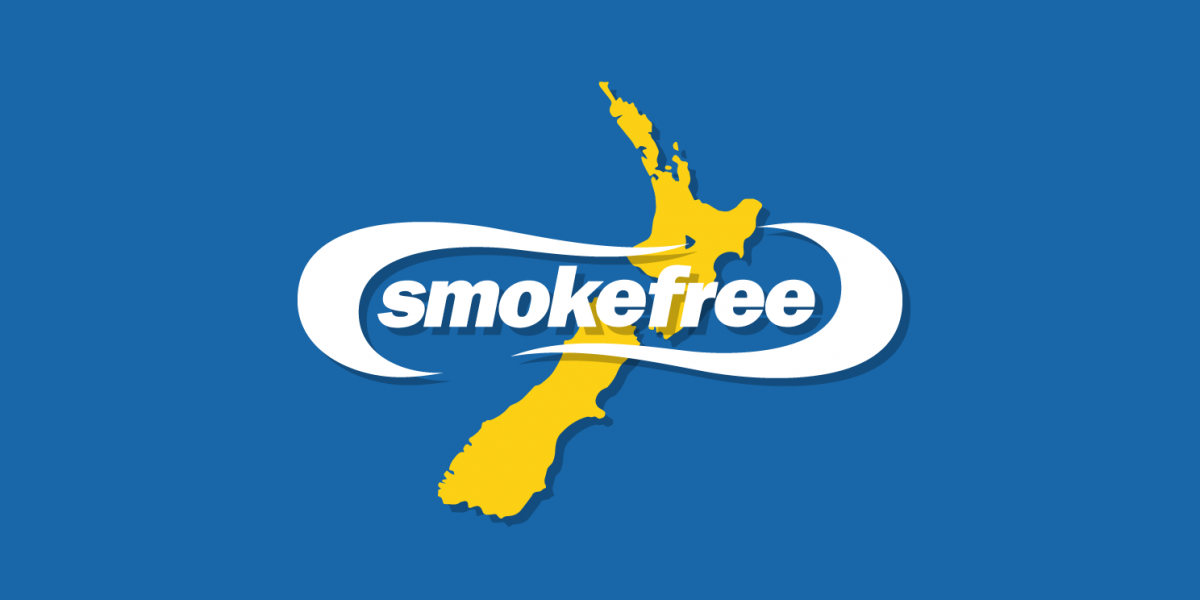New Zealand is one of the better countries in the world at keeping the tobacco industry from interfering in government policy according to a new report. But with promises of a new Smokefree 2025 plan we need to stay on guard, say the Cancer Society.
New Zealand is ranked 5th out of 57 countries on the Global Tobacco Industry Interference Index, which found Brunei and France were the top-performing countries and Japan – where the government owns a part share in the local tobacco industry – is the worst.
The Cancer Society, which provided information from New Zealand to contribute to the global report is concerned with the apparent increase in industry interference to influence policy.
“The tobacco industry is always looking for ways to obstruct or weaken health policies so we need to remain vigilant,” says Shayne Nahu Cancer Society advocacy and wellbeing manager.
Nahu says the government has promised that a Smokefree 2025 plan will be tabled soon and this is likely to spur the industry into further action.
“If the plan is strong, and we hope it is, then the tobacco industry will try to dilute, delay and block any policy it doesn’t like. That is how it operates. It’s why the deadliest consumer product in history is still sold at most New Zealand supermarkets and corner dairies.”
“There are still rules that need to be tightened. We’ve seen the tobacco industry step up its efforts this year with their submissions on the vaping and smokefree cars Bills – we need to be sure that there is total transparency in this area.”
The Cancer Society recommends several changes in this area. These include: prohibiting the tobacco industry from donating to political parties, candidates, or campaigns; requiring lobbyists to register with the government, and a ban on key ‘corporate social responsibility’ activities.
One recent example of ‘corporate social responsibility’ of concern to the Cancer Society is tobacco giant Philip Morris New Zealand’s lobbying of District Health Boards to promote their heated tobacco products to smoking cessation services and Māori community groups.
“The global index shows the importance of the WHO’s Framework Convention on Tobacco Control (WHO FCTC)– the first global public health treaty – in countering tobacco industry interference, but it’s up to us to make it happen in our own backyard.“
Areas of improvement for New Zealand
- Prohibit tobacco industry from donating to political parties, candidates, or campaigns.
- Put in place a comprehensive set of rules for regulating MPs and public servants interactions with the tobacco industry.
- Ensure that Article 5.3 is implemented across different government sectors, aiming at policy coherence that does not favour the interests of the tobacco industry over NZs obligations under the FCTC.
- Put in place government programme in place to maintain awareness and compliance of the FCTC consistently across all government departments and agencies.
- Require lobbyists to register with the government and require all involved in policy making to disclose conflicts of interests.
- Ban tobacco ‘corporate social responsibility’ activities.
Background information about the Global Tobacco Interference Index:
- The GTI tracks how governments are responding to tobacco industry interference and protecting their public health policies from commercial interests – as required under Article 5.3 WHO Framework Convention on Tobacco Control (WHO FCTC).
- New Zealand became a party to the FCTC on 27/02/2005.
- The Cancer Society prepared a New Zealand country report to inform New Zealand’s ranking on the Tobacco Interference Index (TII NZ 2020)
- The information in the country report is based on publicly available information for the period of 2018-2019.
- The global index is published by the Global Centre for Good Governance in Tobacco control (GGTC), as part of the STOP (Stopping Tobacco Organization and Products) global tobacco industry watchdog. STOP is funded by Bloomberg Philanthropies.
- Each country participating in the Global Tobacco Industry Interference Index is given a score based on their level of implementation of Article 5.3 of the FCTC. The lower the score, the better the ranking.
- Article 5.3 of the WHO FCTC states that: “In setting and implementing their public health policies with respect to tobacco control, Parties shall act to protect these policies from commercial and other vested interests of the tobacco industry in accordance with national law.”

